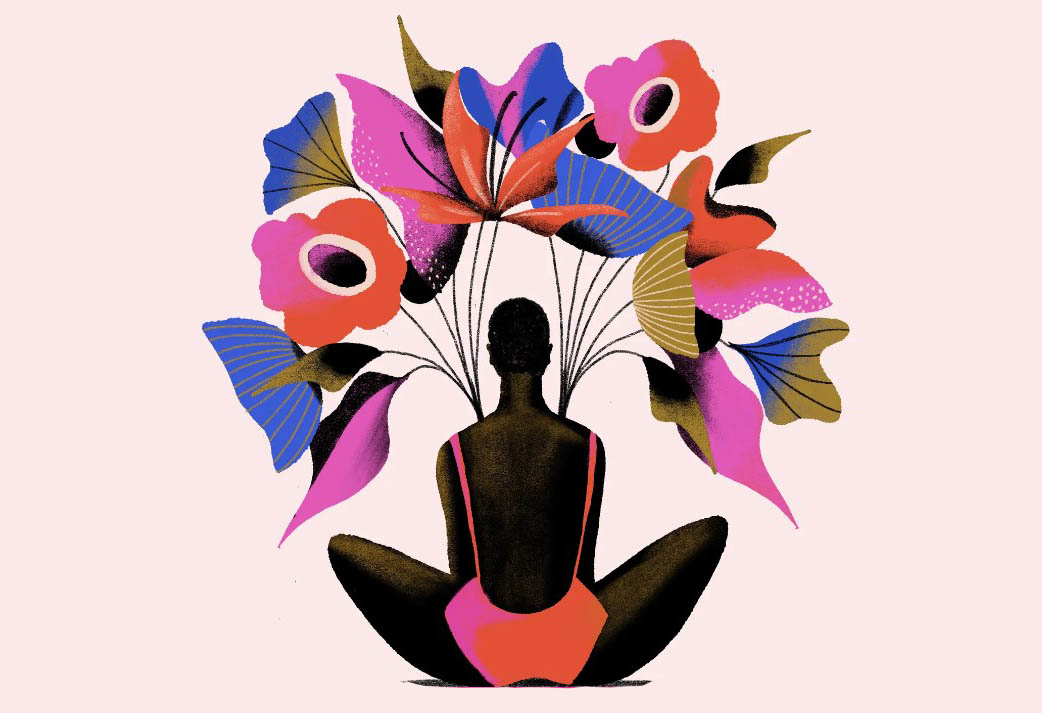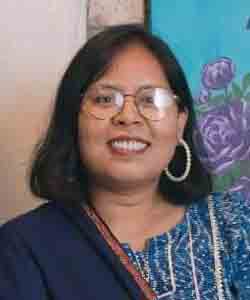It is profoundly disturbing how survivors of sexual abuse are often blamed and labeled with derogatory names such as “wicked,” “attention seekers,” or “gold diggers.” This moral policing extends even to women’s choices of clothing, as though what they wear justifies the abuse they endure. Such reactions reveal an alarming inability or unwillingness to accept that the perpetrators can be individuals we admire—people who are perceived as morally upstanding or beyond wrongdoing. This denial creates a suffocating atmosphere of shame and disbelief for survivors, further isolating them in their trauma.
Let’s be clear: it takes immense courage to come forward and speak about the harm caused by another person’s actions. As author and advocate Maya Angelou once said, “There is no greater agony than bearing an untold story inside you.” Speaking out is not just about sharing an experience; it is an act of defying the shame and the vulnerability that trauma so deeply embeds in one’s life. Survivors carry an immense burden, compounded by the fear of being disbelieved, judged, or ridiculed.
The emotional toll of abuse is profound. Survivors often feel tainted by their trauma, battling the urge to scrub away the memories with every shower. Nightmares, flashbacks, and anxiety interrupt their peace, pulling them back into moments they desperately wish to forget. This deep sense of violation makes trust difficult to rebuild, even with those who should be protectors. Survivors often struggle with forming or maintaining relationships, unsure whether they can ever feel safe again.
The journey to healing is long and arduous. Isolation, shame, and the struggle to love and trust again are often compounded by the silence imposed by societal attitudes. Survivors find themselves trapped in an internal war, wondering if they did something to deserve the pain. It is this toxic culture of victim-blaming that forces many to stay silent, fearing judgment or further trauma if they speak out.
For those who have not lived through this trauma, it is nearly impossible to grasp the depth of the survivor’s pain. Society tends to minimize the gravity of these experiences, often questioning the survivor’s actions or credibility rather than focusing on holding the abusers accountable. This environment of doubt and criticism only perpetuates the cycle of victim-blaming, making it even harder for other survivors to come forward and share their stories.
As a survivor, I know firsthand the lasting effects of this trauma. It took me 15 years and several gender-sensitive training sessions to fully realize that I was abused as a child. This realization unlocked a deep understanding of why I have long harbored fears of entering relationships. In those years of confusion and self-blame, I wondered why I struggled with intimacy, why trust seemed impossible. I now recognize how deeply rooted this trauma was in my psyche and how much of it was a product of living in a society that fails to equip its children with the knowledge or language to identify or talk about such experiences. We don’t learn about these issues in school, nor are they addressed openly at home.
This acknowledgment has been both painful and liberating. The road to recovery, however, remains challenging and often feels like a lonely battle. But healing is possible. The poet Rumi once said, “The wound is the place where the Light enters you.” There are moments of clarity and strength when survivors realize they are more than their trauma. These moments of resilience are proof of our ability to rise above the darkness. But the reality is, we cannot heal alone.
As a society, we must understand the profound impact of sexual abuse on survivors and actively work to dismantle the stigma that surrounds it. It is not enough to merely “believe” survivors when they speak up. We must create environments that make it safe for them to share their stories without the fear of judgment or retaliation. Education plays a critical role in this—open conversations about sexual abuse are essential if we are to challenge harmful cultural narratives and raise awareness about the pervasive nature of this problem.
Collective action is pivotal. It is time to foster a culture of empathy and compassion, where survivors can express their pain and begin to heal. Schools, workplaces, and communities must adopt trauma-informed practices that prioritize the well-being of survivors. These
practices are not only vital in providing immediate support but also in long-term recovery efforts. Legislative action is another crucial element in this process—laws need to be strengthened to ensure that survivors are protected, their abusers are held accountable, and justice is consistently served.
Furthermore, mental health resources and survivor support networks must be more widely available and accessible. Survivors need robust support systems that help them navigate the complexities of trauma recovery. It is critical that we push for better access to therapy, counseling, and peer support programs that give survivors the tools to rebuild their lives after abuse.
Each of us has a role to play in this journey. By listening to survivors, amplifying their voices, and standing in solidarity with them, we send a clear message: they are not alone. As more survivors come forward, we can begin to dismantle the culture of silence that has shielded abusers for far too long. Breaking this silence not only helps survivors reclaim their narratives, but also ensures that future generations will live in a society where such experiences are not dismissed, ignored, or stigmatized.
In conclusion, the journey toward recovery is not one that should be walked alone. It calls for collective support, awareness, and action. We must stand together to amplify the voices of survivors, ensuring that they are heard and validated. As we break the silence surrounding these difficult topics, we pave the way for a future where no one has to endure this kind of pain alone. Where compassion, understanding, and empathy become the foundation of our society. As Helen Keller wisely said, “Alone we can do so little; together we can do so much.”












